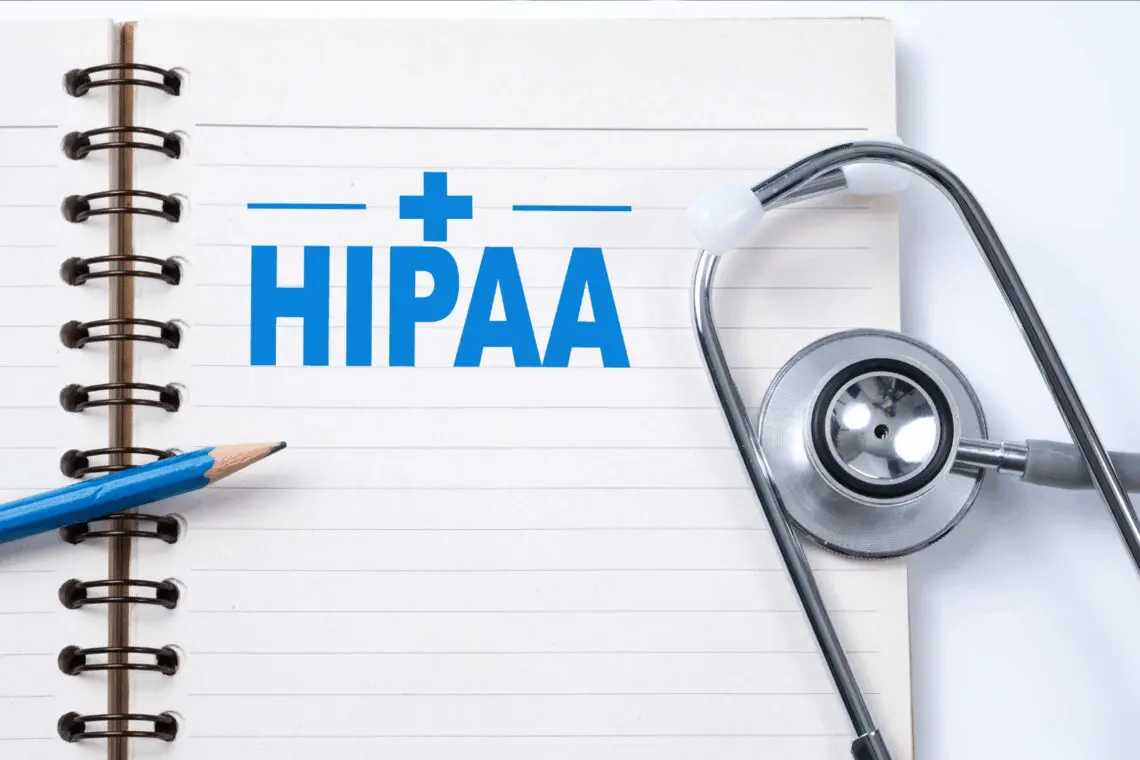
At Axis Estate Planning, we know that your health is one of your most valuable assets. Privacy of your medical information matters now more than ever — especially in emergencies, serious illness, or incapacity. HIPAA provides strong protections, but without the proper legal tools, even close family members may be blocked from the information they need to help or advocate for you.
What HIPAA Protects
The Health Insurance Portability and Accountability Act (HIPAA) sets national standards for protecting your personal health information (PHI). PHI covers diagnoses, treatment histories, test results, billing records, and more. The HIPAA Privacy Rule limits how this information can be used or shared without your written authorization.
Under HIPAA, you have rights to:
- Access your medical records (paper or electronic) and request they be shared where you choose.
- Ask for corrections or amendments if you find errors.
- Receive an accounting of who has viewed your information and why.
Recent Updates (2024–2025) You Should Know
- Reproductive healthcare privacy: An April 2024 final rule added new protections, though parts of it are still being challenged in court.
- Security enhancements: Proposed updates to the HIPAA Security Rule aim to better protect electronic records, requiring stronger safeguards and more accountability from providers.
- Substance use disorder records: Confidentiality rules for Part 2 records are being brought into closer alignment with HIPAA standards, clarifying consent and disclosure.
Why You Still Need a HIPAA Release
Even with HIPAA protections, healthcare providers cannot share your PHI with others—unless that person is legally authorized. That means in a crisis, your spouse, children, or trusted friend may not be able to get critical updates about your condition, treatment, or prognosis.
A HIPAA Release solves this problem. By signing one, you decide who has access, what records they can see, and under what conditions. It removes unnecessary roadblocks at the very moments your loved ones may need answers most.
Tips for a Strong HIPAA Authorization in 2025
- Be specific: List exactly who should have access, what information they may receive, and under what circumstances.
- Think digital: If you use apps or digital records, include authorization for electronic sharing.
- Don’t overlook sensitive records: Mental health or substance use information often requires extra clarity.
- Review regularly: Laws, technology, and even your trusted circle may change. Keep the release up to date.
Understanding the Limitations
- Even with a release, certain highly sensitive data may still require extra steps.
- New HIPAA regulations may change how providers process or safeguard records.
- State laws sometimes offer more protections than federal law — your release should not conflict with them.
The Real Goal: Peace of Mind
At Axis Estate Planning, we believe your family deserves clarity, not confusion, in times of crisis. A HIPAA Release is a simple yet powerful document that ensures your chosen people can help when it matters most. It’s about protecting your privacy while giving your loved ones the access they need to support you.
Plan for the future. Protect your family’s peace of mind.
Visit Us: 900 Wilshire Drive, Suite 105, Troy, MI 48084
Call Us: (248) 251-1001
Learn More: www.axisattorneys.com


